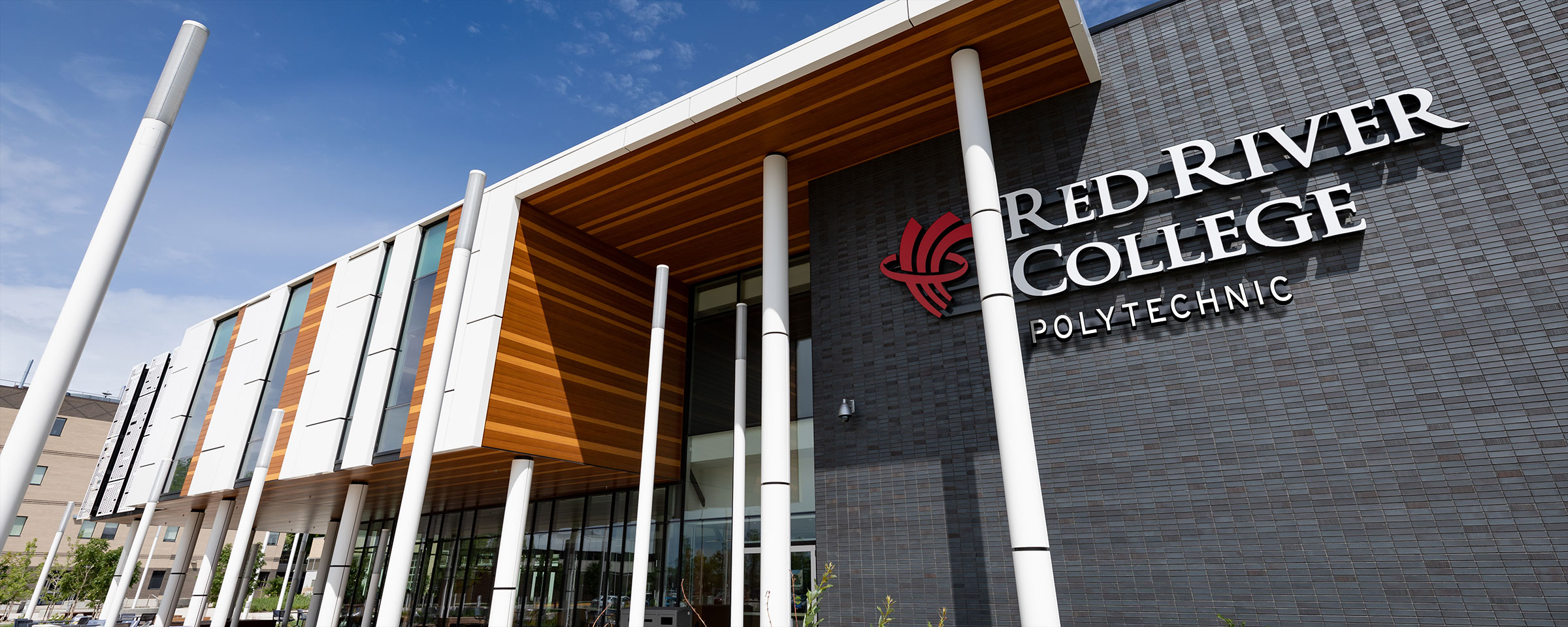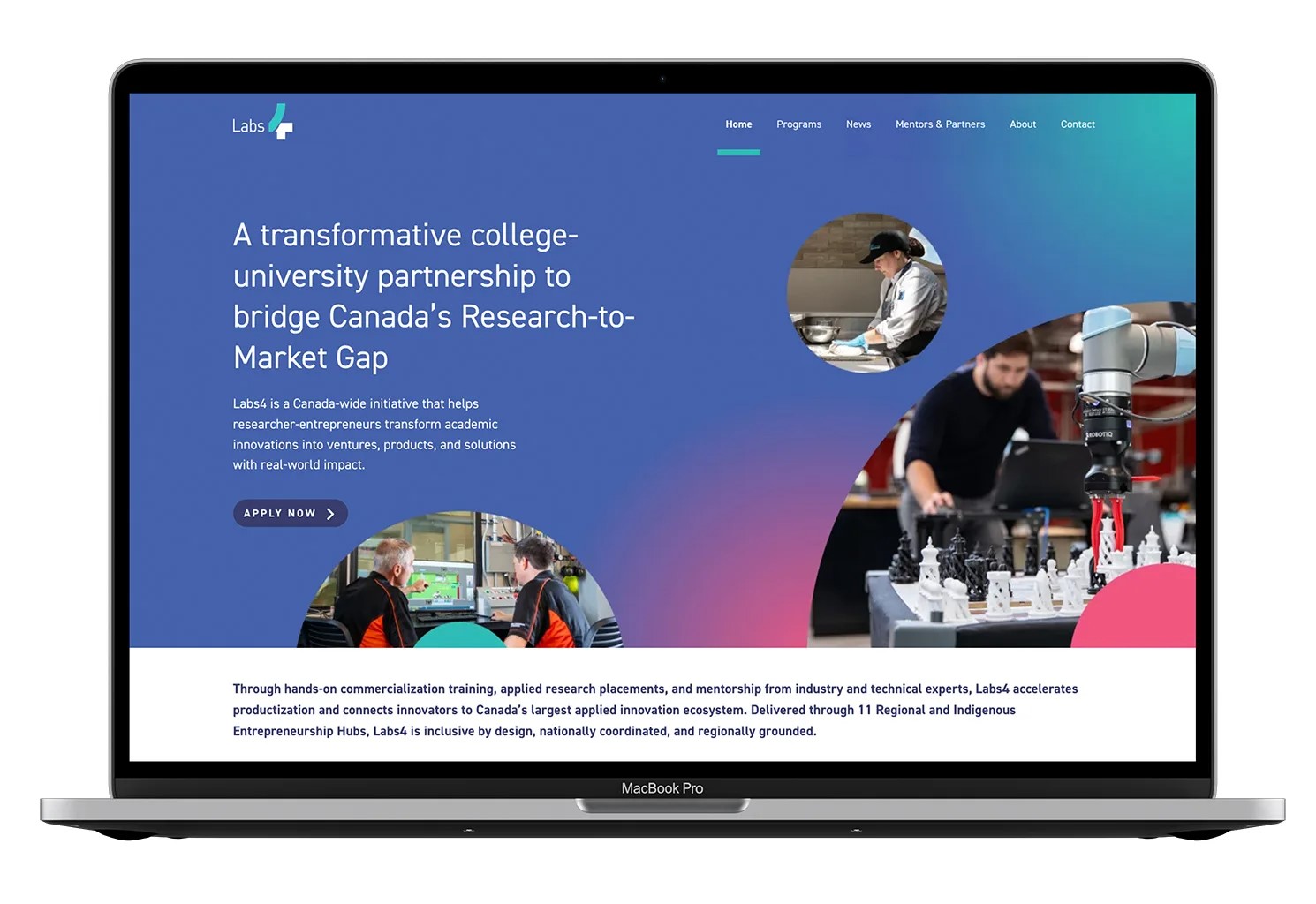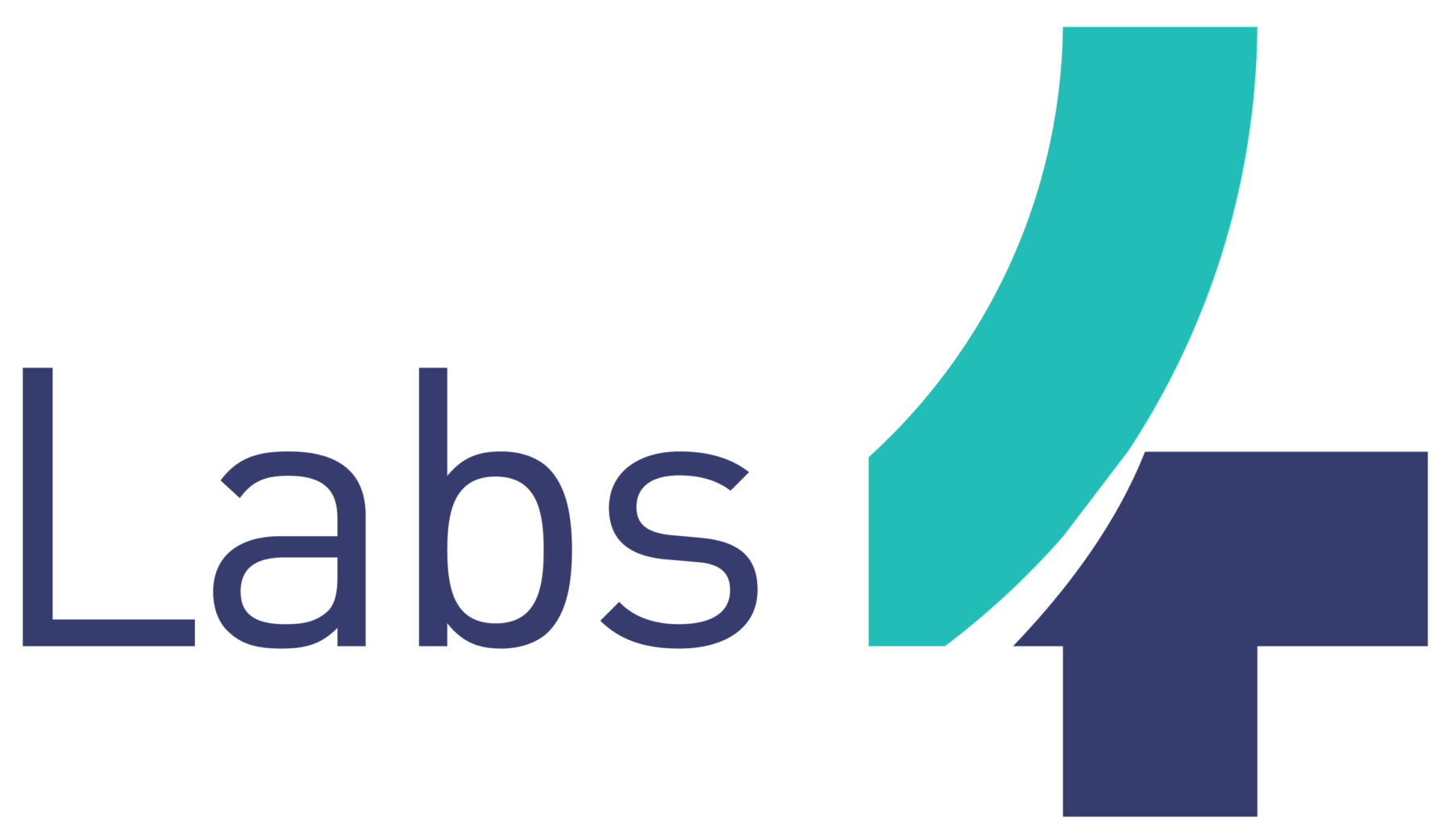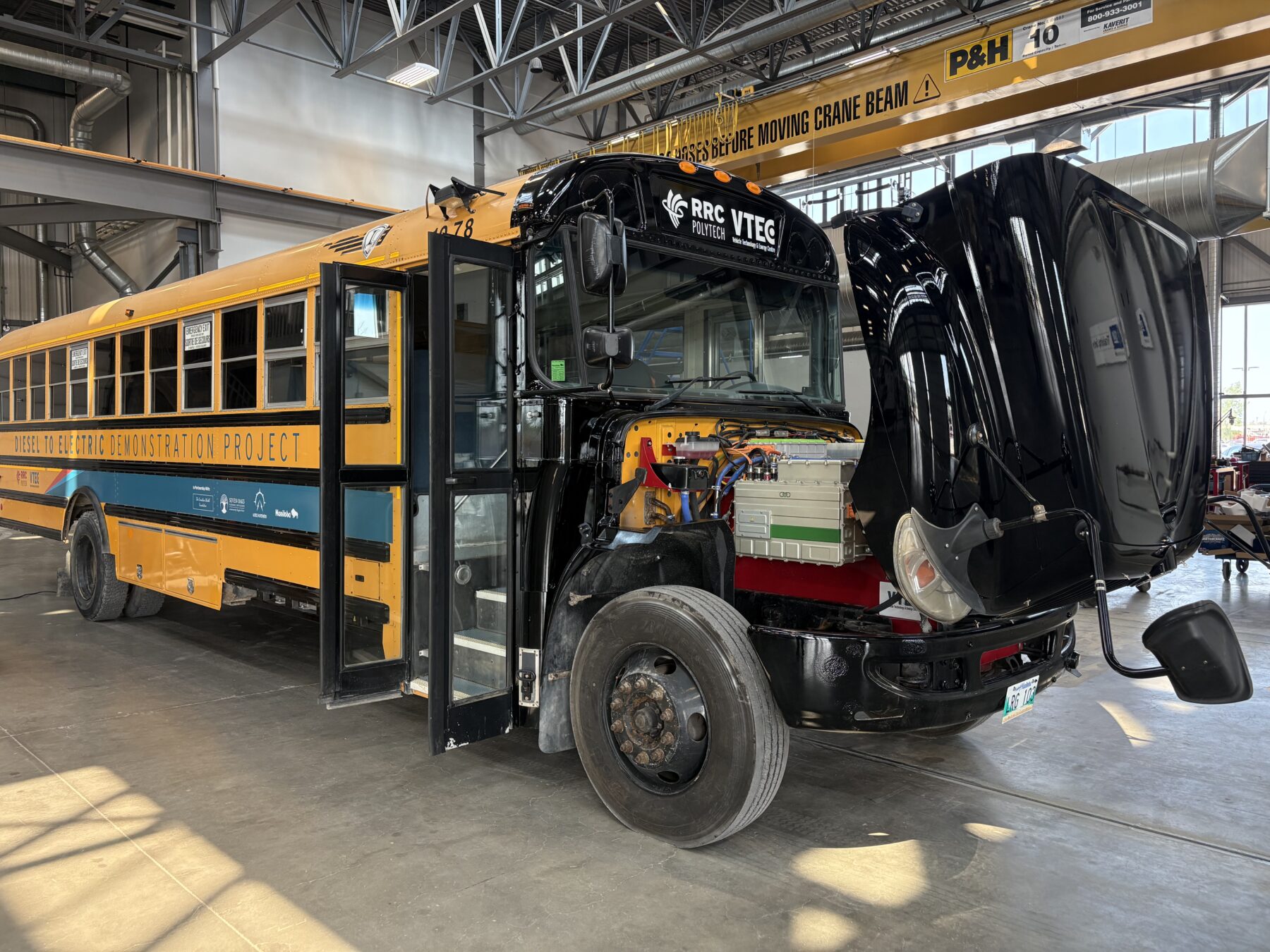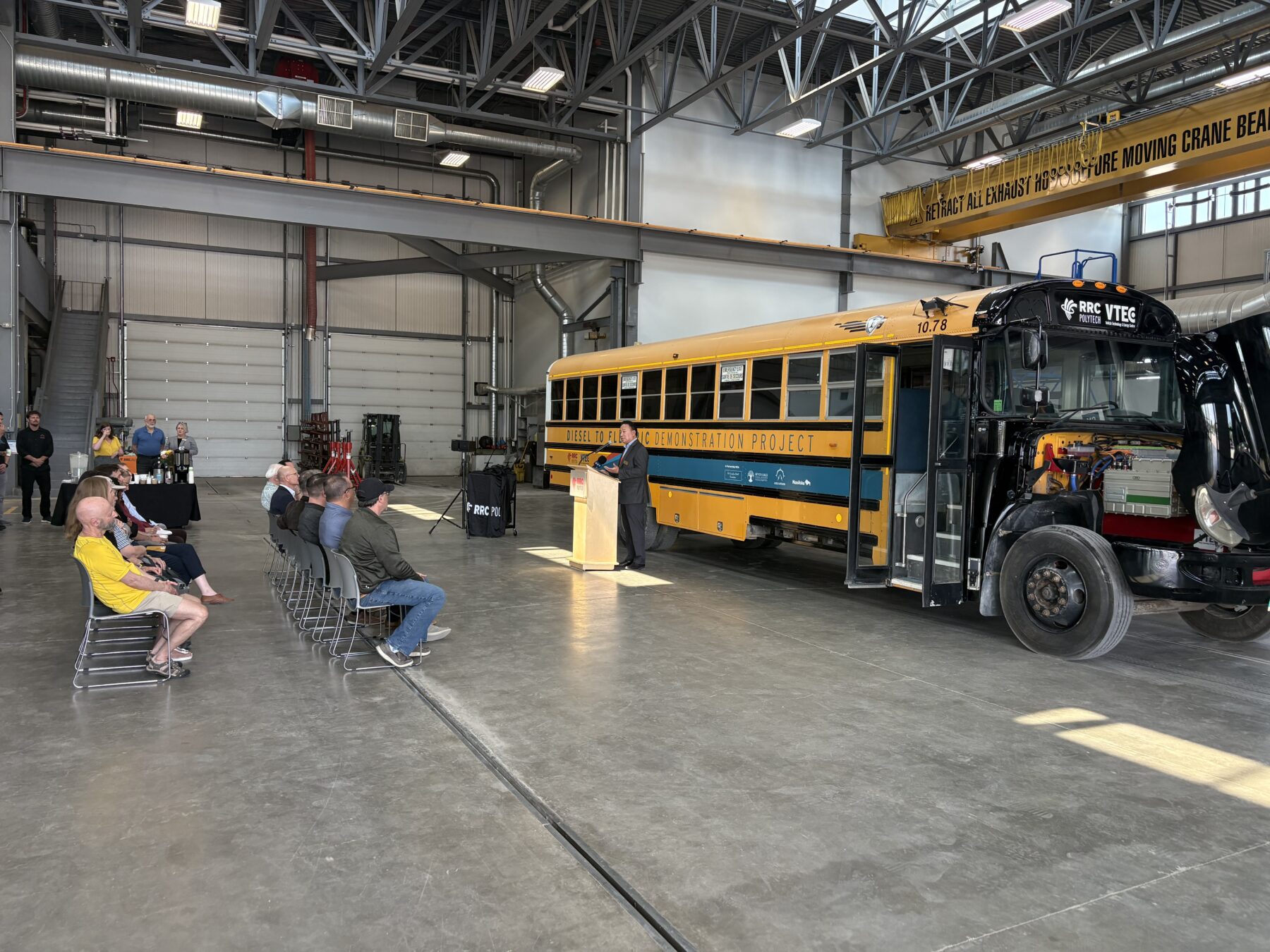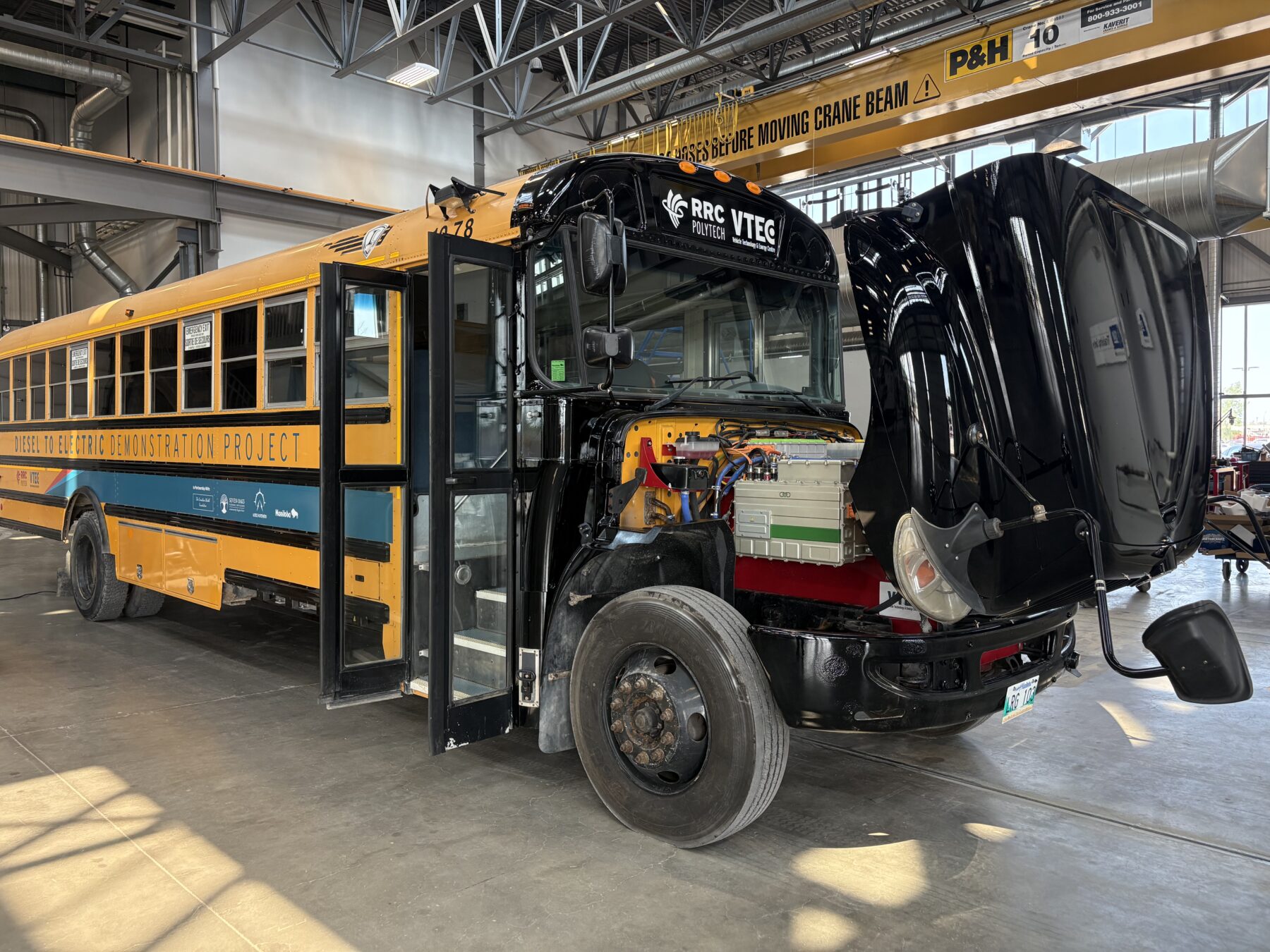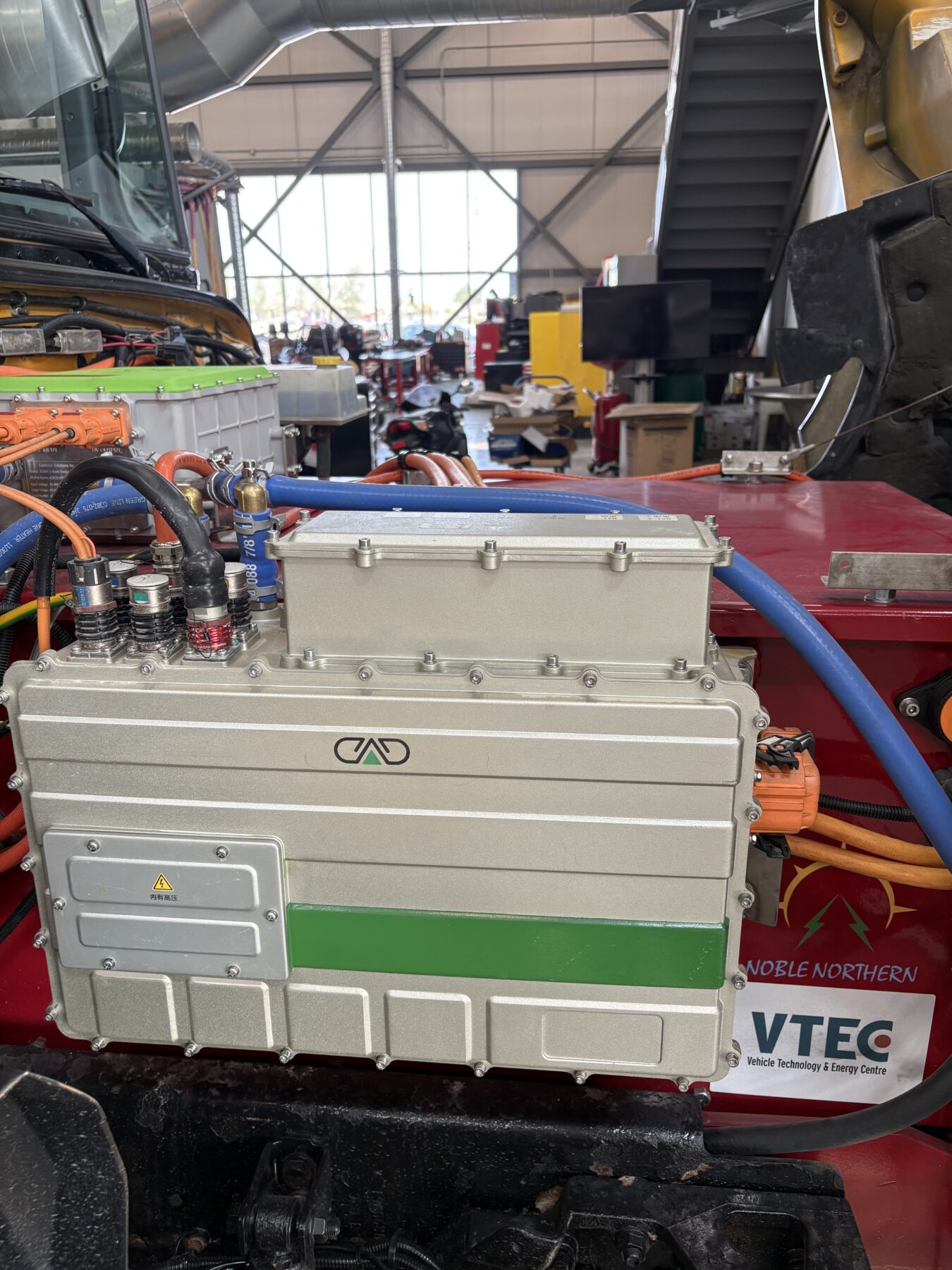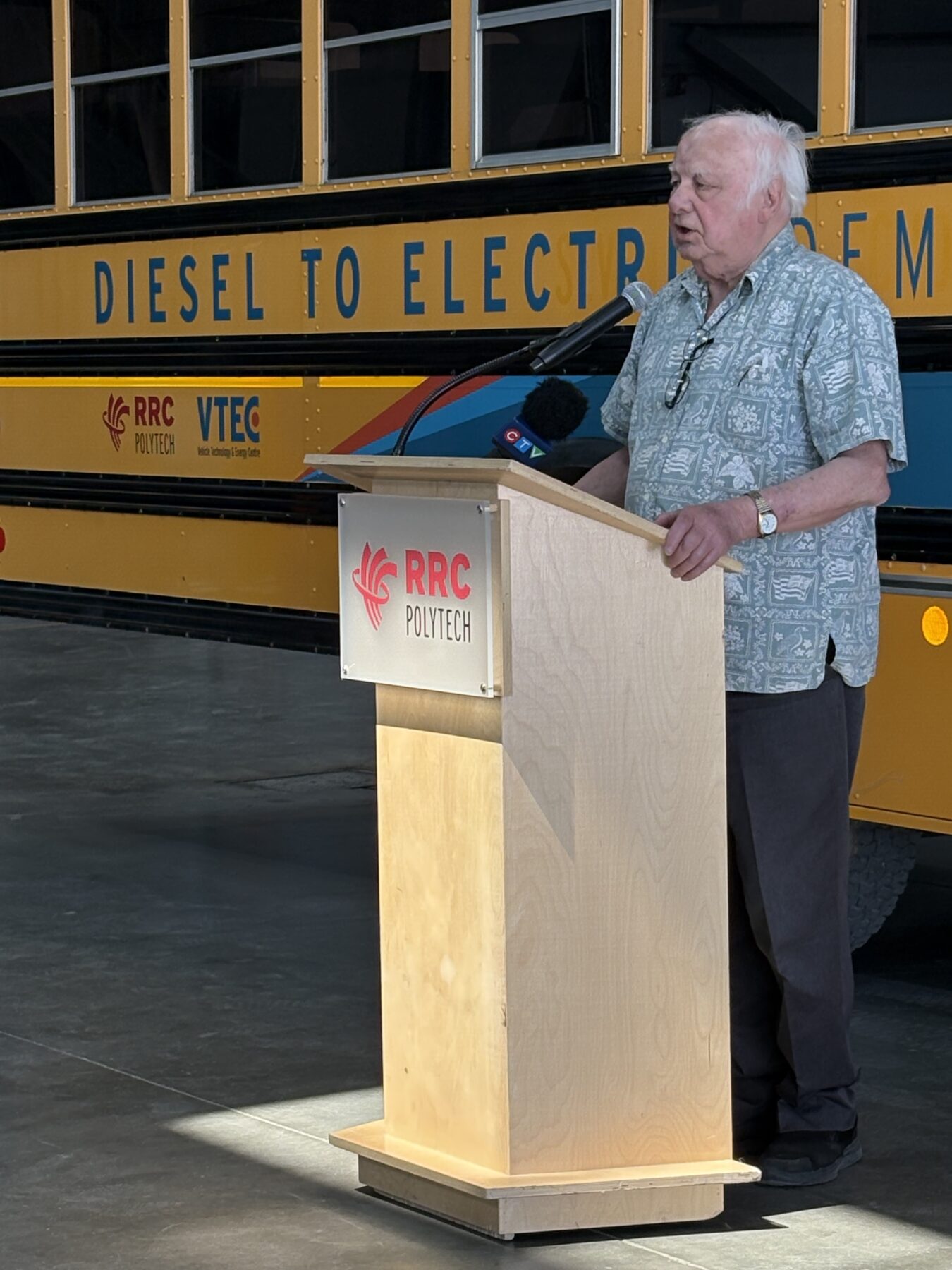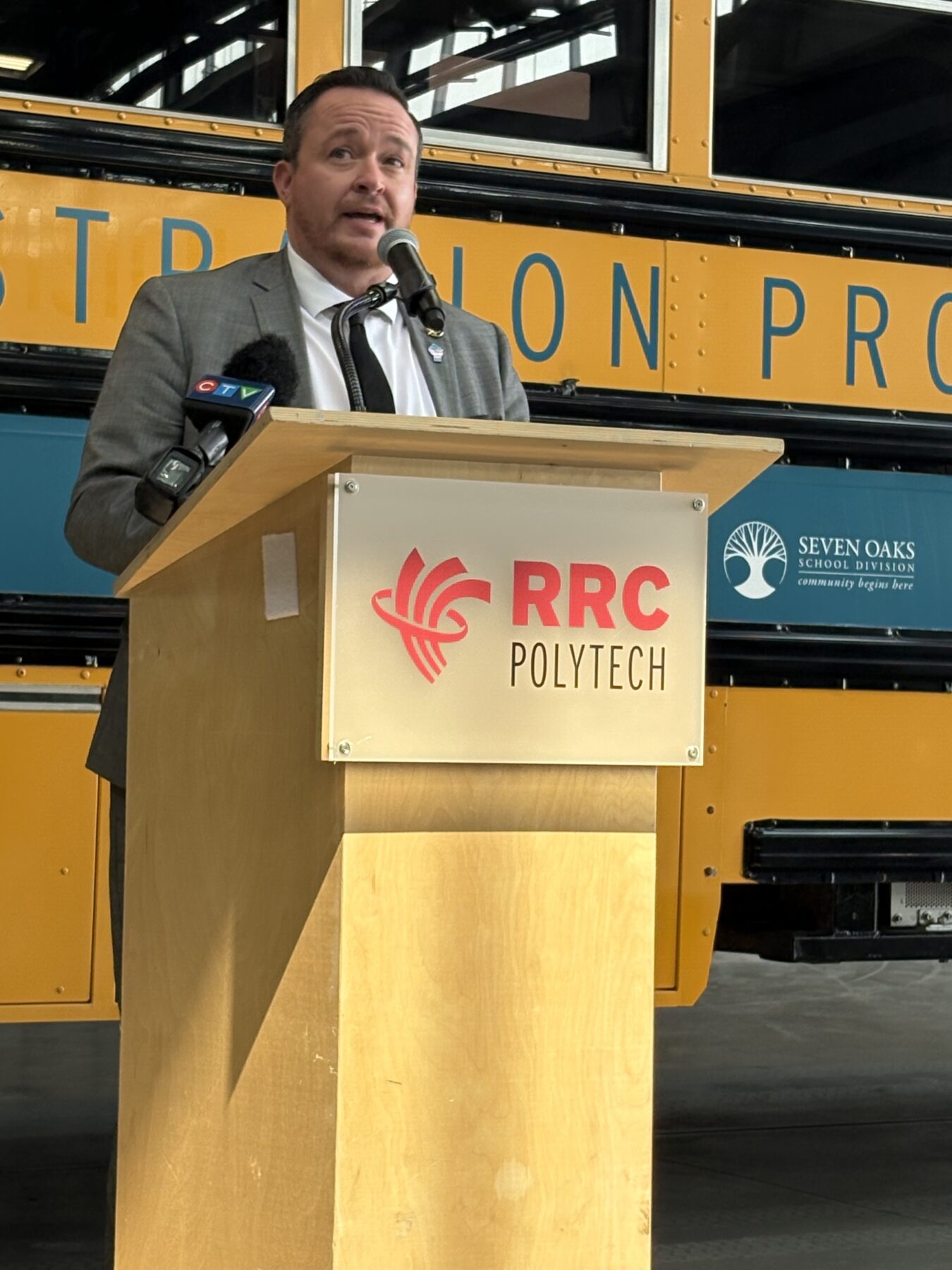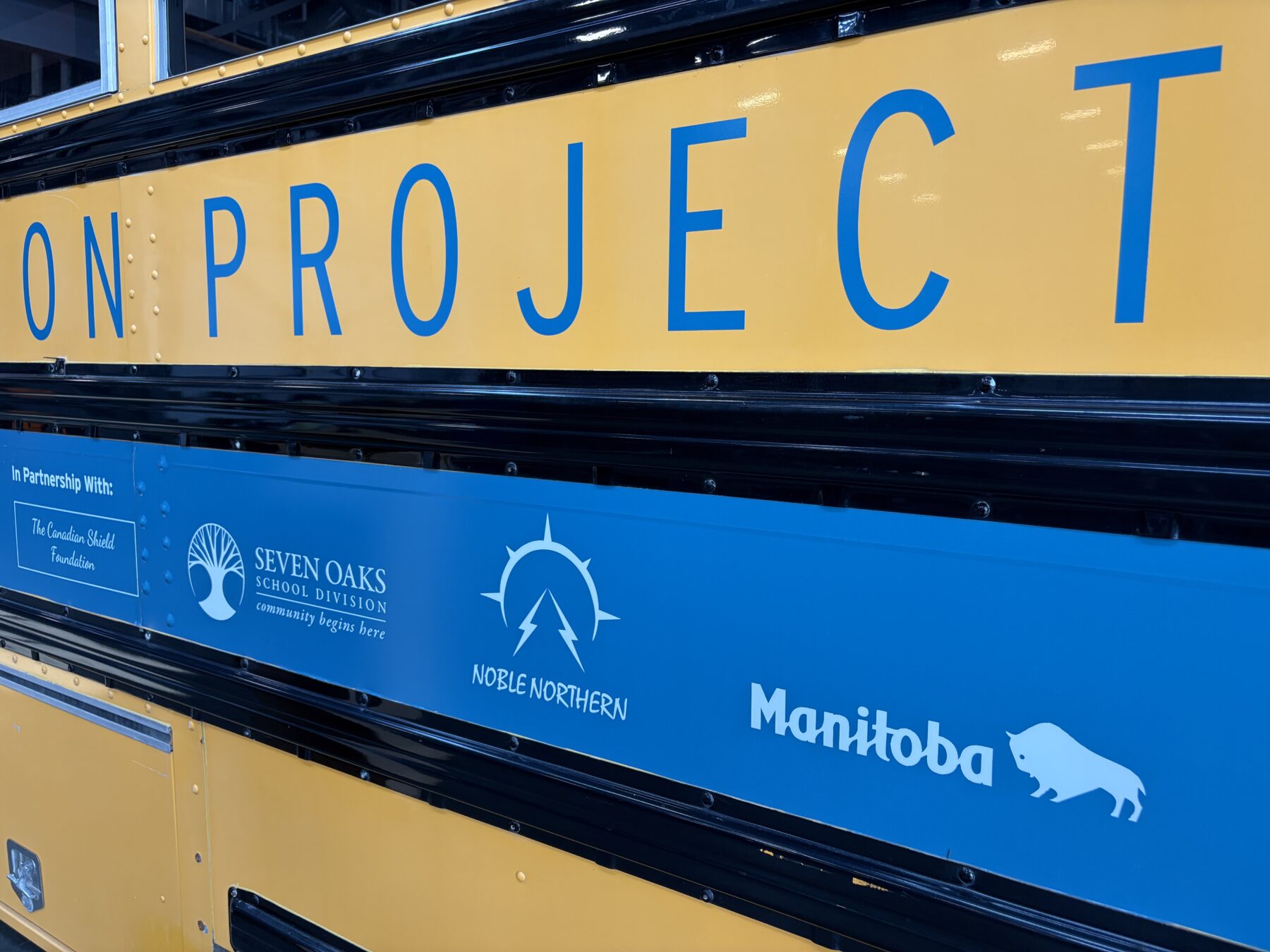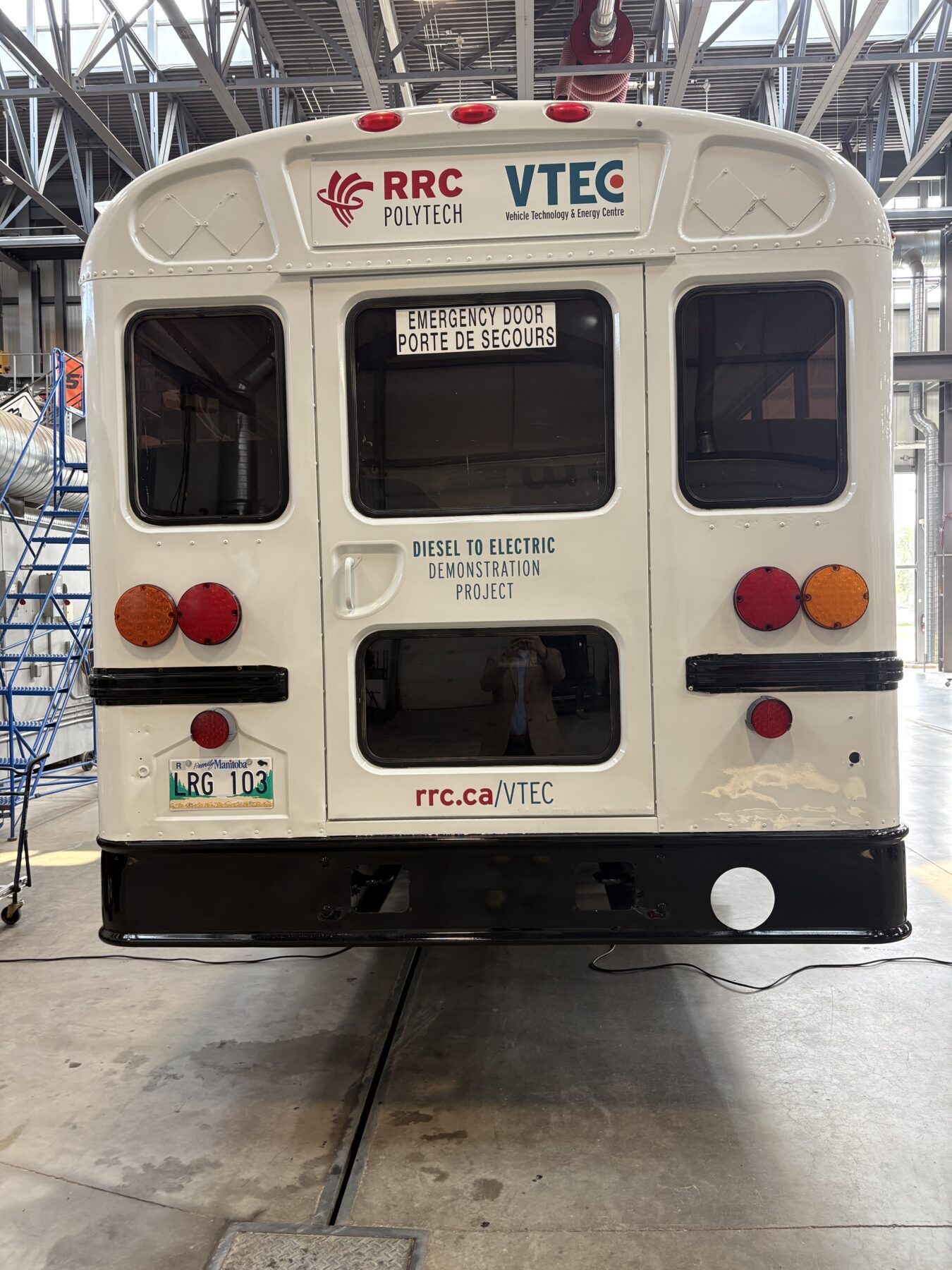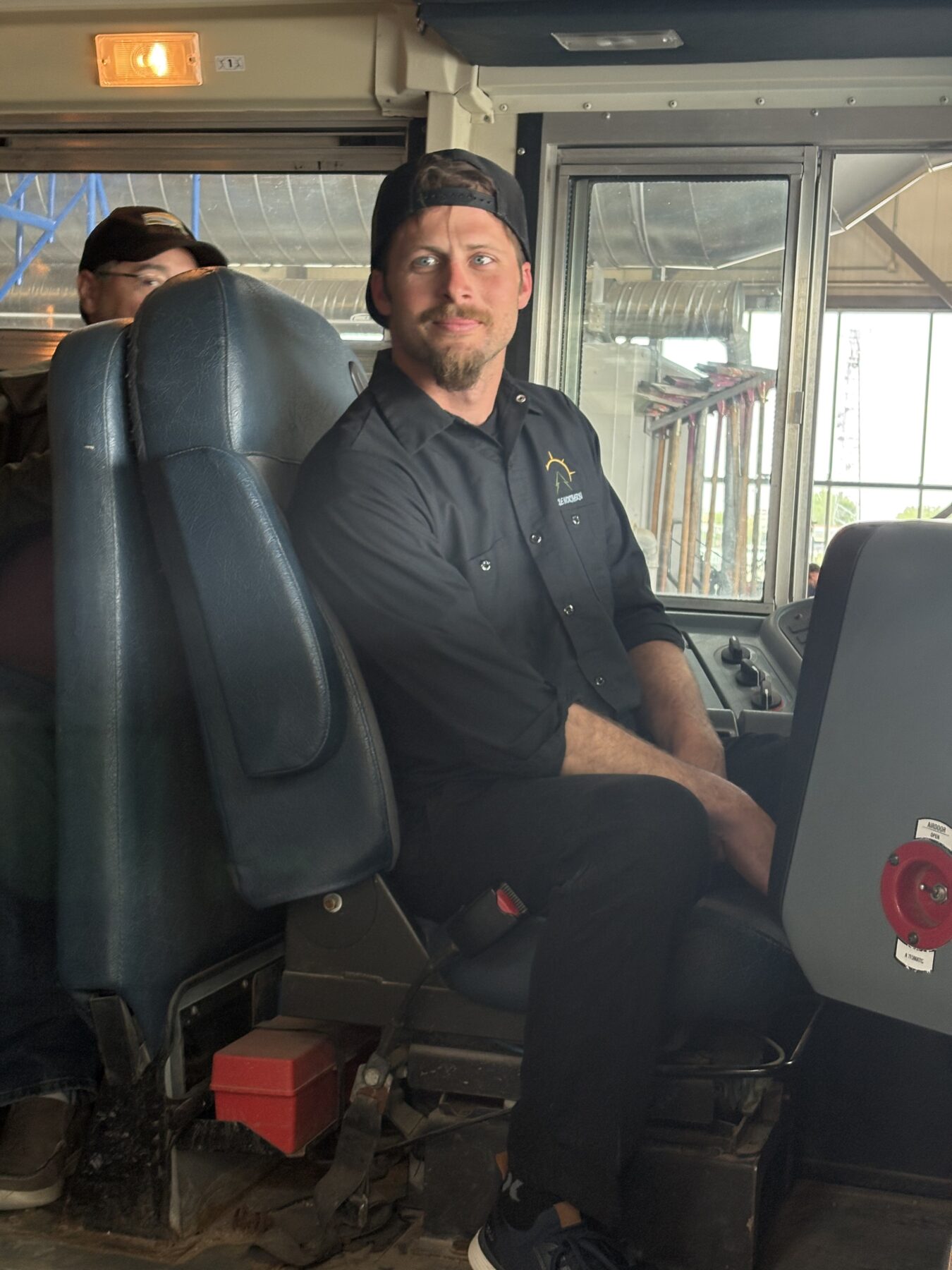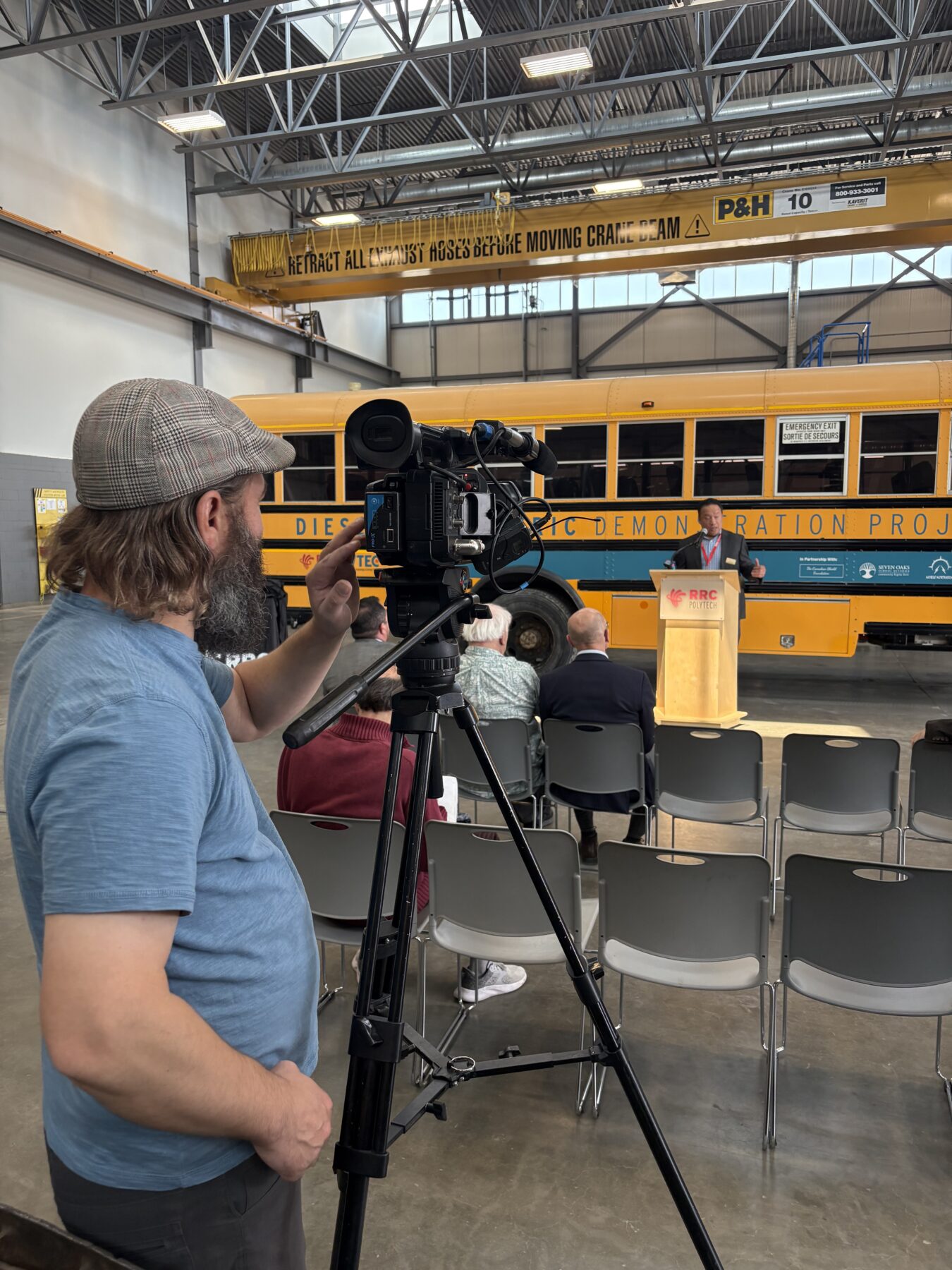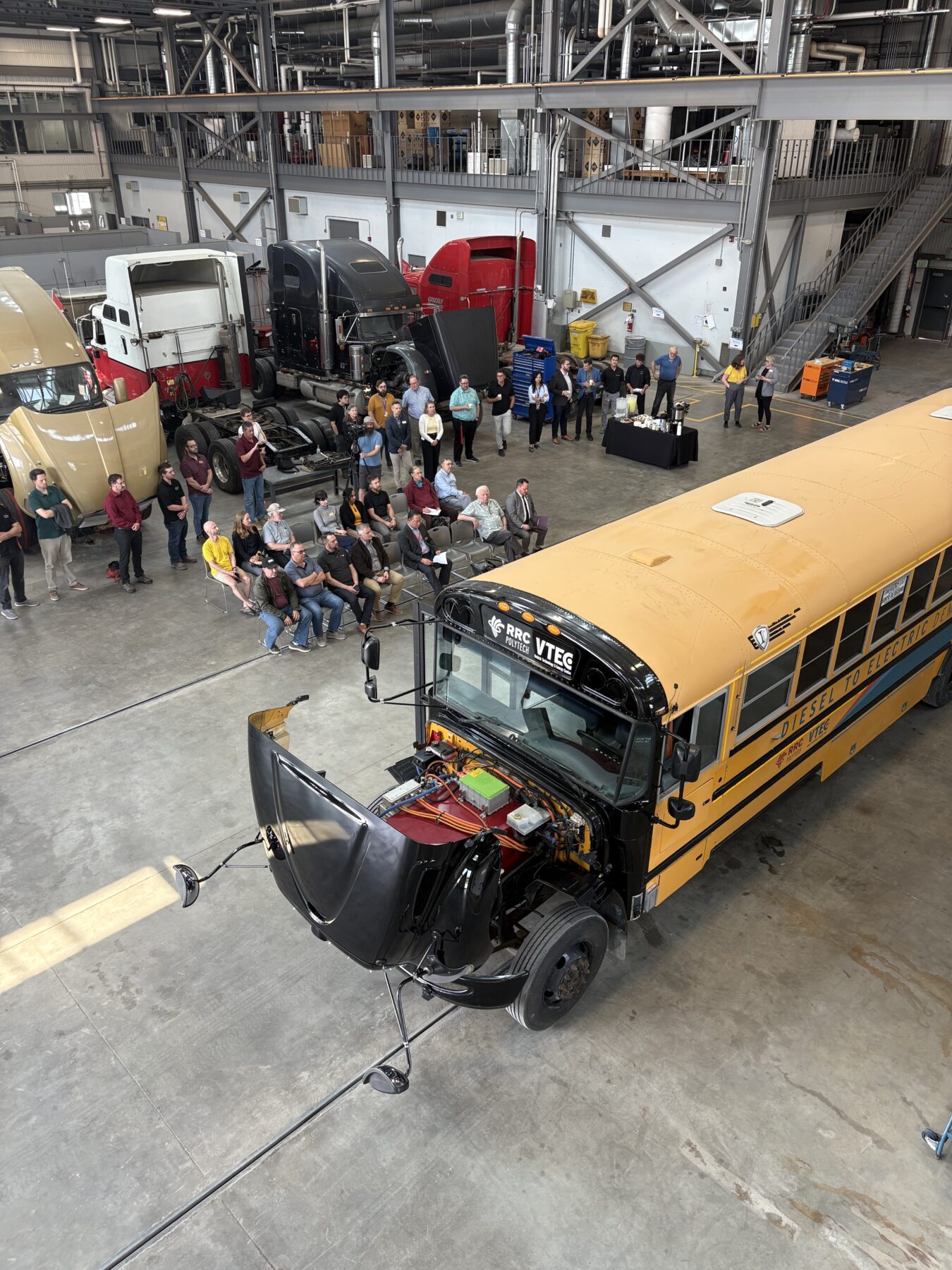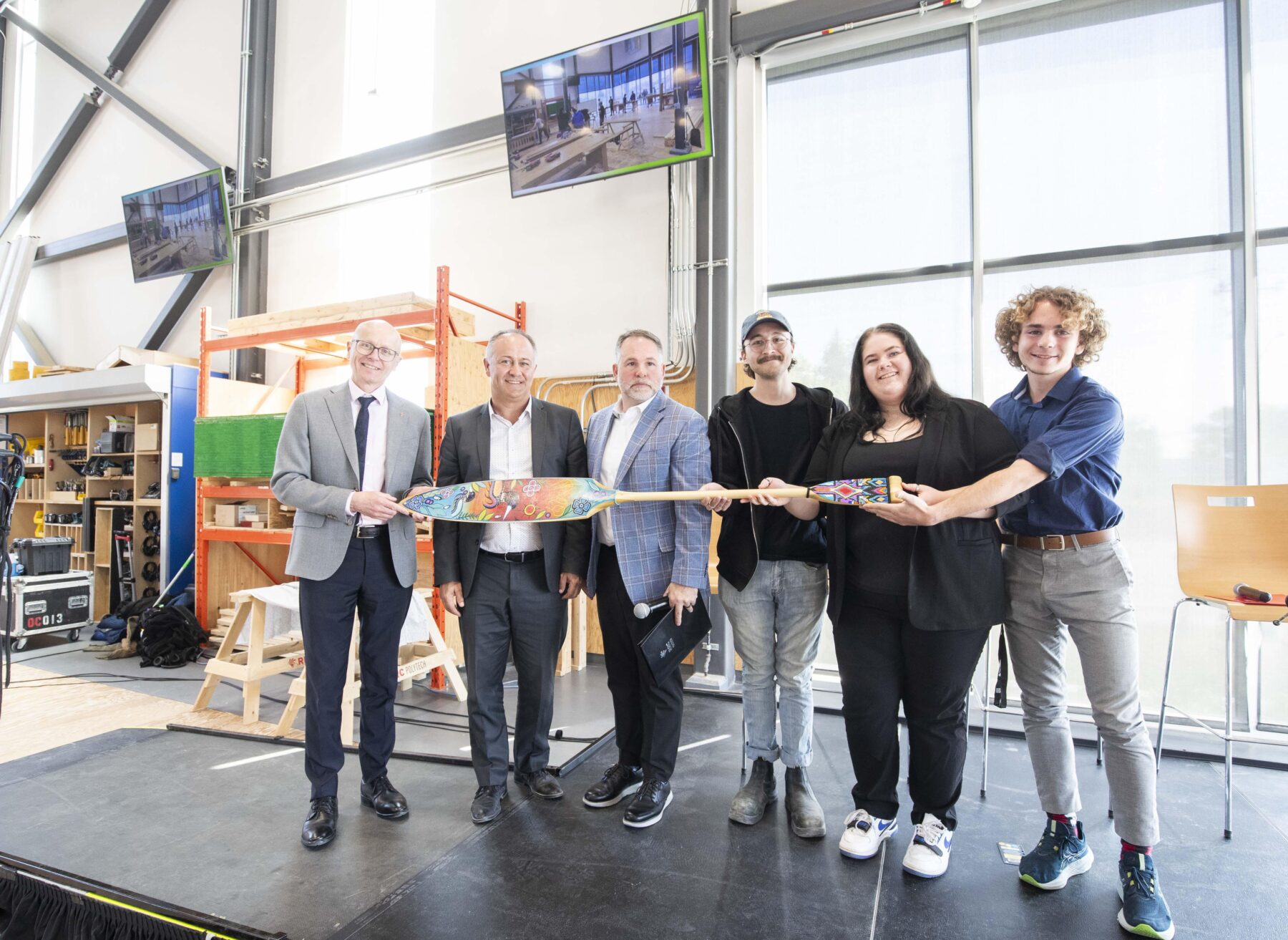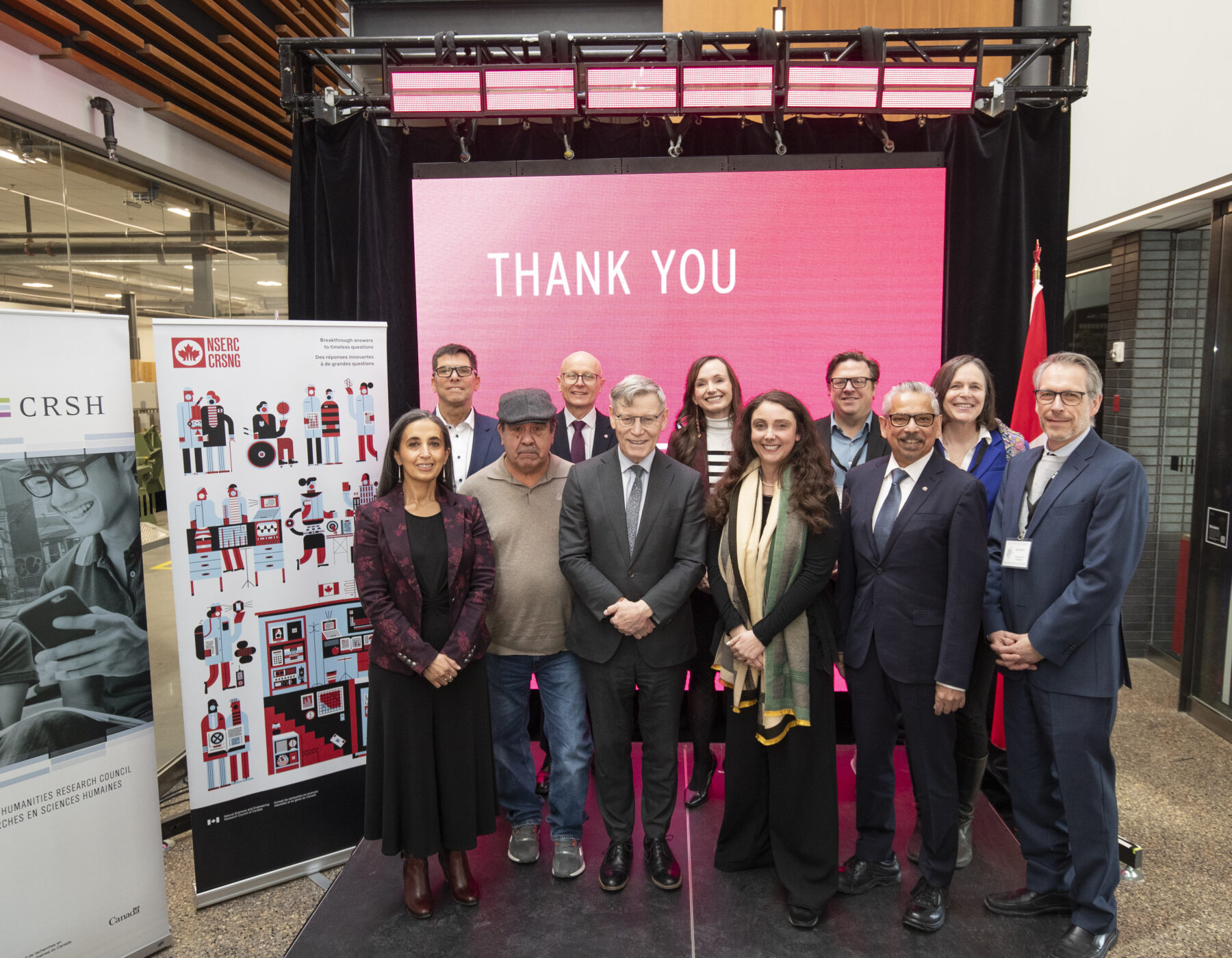Record number of youth exploring trades, technology, creative and culinary arts at RRC Polytech summer camps
School’s out for summer, and almost 280 youth are heading to RRC Polytech for week-long summer camps that began this week. This year, RRC Polytech is offering a dozen half- and full-day summer camps over five weeks for youth aged 9 –17.
RRC Polytech’s summer camps engage youth in early career exploration, giving them the opportunity to try their hand in culinary and creative arts, skilled trades and much more. Led by instructors, educational assistants and student facilitators, youth camps are an introduction to RRC Polytech, its facilities, and the possibilities that a polytechnic education brings.
“Youth summer camps provide a hands-on glimpse into the dynamic world of polytechnic education,” said Fred Meier, President and CEO of RRC Polytech. “Our goal is to ignite a passion within campers, inspiring them to explore new interests and envision a future at RRC Polytech. We hope that this experience will be the first step in their educational journey with us.”
New Camp Programming for 2025:
This year’s summer camp programming has been expanded to include some new and notable offerings:
- Advanced Photography Camp was developed in part from the feedback we received from camp participants who were looking to level up their photography skills. This camp will enable youth aged 12–14 dive deeper into the photographic elements of landscapes, portraits and nature while exploring storytelling, composition and lighting.
- Electrify Your Game Camp is a brand-new industrial arts session where campers craft a fully functional “Operation” style board game, through elements of electronics, woodworking and graphic arts.
- The Diner Classics and Breakfast Bootcamp provides an opportunity for teens aged 15–17 how to cook like a pro from prep to plating. This half-day camp, focused on a new age group, will be the first one offered at RRC’s Exchange District Campus.
Media Availability
Camps take place throughout July and the first week of August. Media is invited to schedule a time to attend in advance to capture learning and discovery in action.
When:
Week 1, July 7–11
- Girls Exploring Trades and Technology Camp (Week 1 of 3)
- Girls in Motion: Shifting Gears in Automotive Trades Camp
- Indigenous Cultural Exploration Camp
- Out and About Photography Camp
Week 2, July 14–18
- Advanced Photography Camp
- Design Your Dream Room Camp
- Girls Exploring Trades and Technology Camp (Week 2 of 3)
- Wheels in Motion: A Transportation Technology Camp
Week 3, July 21–25
- Electrify Your Game Camp
- Girls Exploring Trades and Technology Camp (Week 3 of 3)
- Wheels in Motion: A Transportation Technology Camp
Week 4, July 28–Aug 1
- Entrepreneurship Design Sprint Camp
- Out and About Photography Camp
- Sweet Treats Baking Camp
Week 5, Aug 5–8
- Diner Classics and Breakfast Bootcamp*
- Next-Level Coding: Python and Interactive Tech Camp*
Where: RRC Polytech, Notre Dame Campus, 2055 Notre Dame Avenue
*The two camps running Aug 5–8 will take place at the Exchange District Campus.
Photo Opportunity: Youth engaging in trades and other activities
Alongside expanding camp programming this year, RRC Polytech continues to increase access to campers thanks to the support of the Carolyn Sifton Foundation, which provides 100 spots for near-to-low income families at no cost.
Additionally, all 54 spots in the Girls Exploring Trades and Technology (GETT) Camp are generously funded through the Canerector Foundation. GETT Camps introduce girls and female-identifying youth aged 12–14 to applied skills and technology careers, aiming to influence the course decisions they make in secondary and post-secondary education that will affect future career choices.
For the full listing and more information about youth summer camps at RRC Polytech, visit rrc.ca/youth/camps
